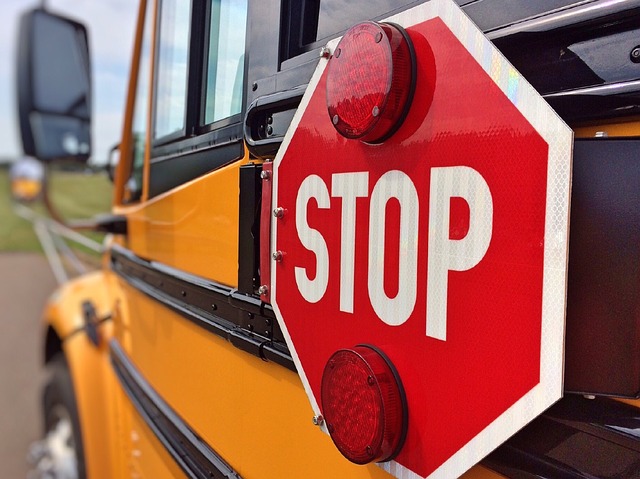The following resources focus on the educational climate and betterment of those serving the K–12 educational community.
Applying an Equity Lens to Social, Emotional, and Academic Development Social and emotional learning (SEL) equips young people with competencies to lead productive and healthy lives. There are barriers, however, that prevent many students of color and other marginalized youth from developing social and emotional competencies. For all students to benefit, SEL must be grounded in a larger context of equity and justice efforts within public education.
Researchers Look to Enhance Relationships Between Madison (WI) Teachers and Kindergartners This summer, about 100 Madison families with kids entering kindergarten will get home visits from teachers in an experimental effort to build relationships. (The Capital Times)
New Illinois Law Requires Schools to Have Policy Accommodating Academically Gifted Students Whether it’s early admission to kindergarten or the opportunity to study advanced mathematics in high school, a new law accommodating academically gifted students went into effect July 1 in Illinois. (Chicago Tribune)
Competency-Based Education, 529 Plans Get Attention at NCSL Flexibility in funding, accountability, and assessment are necessary for implementing competency-based education (CBE) systems in K-12, leaders of two districts told state lawmakers Monday during a session at the National Conference of State Legislatures’ (NCSL) annual summit in Los Angeles. (Education Dive)
Report Card 2018 and Beyond! (Wed, Aug 29, 2018 2–3 p.m. CDT) This webinar will provide an overview of the changes for this year’s Report Card including new features and new information. Discuss the justification behind those changes and where that information comes from. There will be an opportunity for questions and answers and to provide feedback to ISBE staff.
Illinois Families and School Success website This site offers resources for families and school staff. The Illinois Families and School Success (IL-FSS) website is your gateway to evidence-based resources about ways families can be involved in the education and learning of their children in Title 1 programs, pre-K through high school. Check out the new, inspiring success videos now available!
The ‘Brain’ in Growth Mindset: Does Teaching Students Neuroscience Help? Teaching students the science of how their brains change over time can help them see intelligence as something they can develop, rather than innate and unchangeable, finds a new analysis of 10 separate studies in the journal Trends in Neuroscience and Education.
The best educational YouTube channels for kids Michael Petrilli shares the best YouTube channels for learning for tweens and teens, circa the summer of 2018.
Most European students are learning a foreign language in school while Americans lag Students throughout the United States and Europe face many similar tasks throughout their education, from preparing for exams to writing papers. But there are glaring differences when it comes to foreign language education – or lack thereof – and the result is that far lower shares of American students study a foreign language. Learning a foreign language is a nearly ubiquitous experience for students throughout Europe, driven in part by the fact that most European countries have national-level mandates for formally studying languages in school. No such national standard exists in the U.S., where requirements are mostly set at the school district or state level.
Full-Day Kindergarten Is Great for Kids, So Why Isn’t It Required? In the 36 states that don’t require schools to offer full-day kindergarten, many districts have gone ahead with it anyway, using a combination of federal funding, available state dollars and parent-paid tuition to cover the cost of the approximately 540 extra hours of instruction time each school year. (Hechinger Report)

